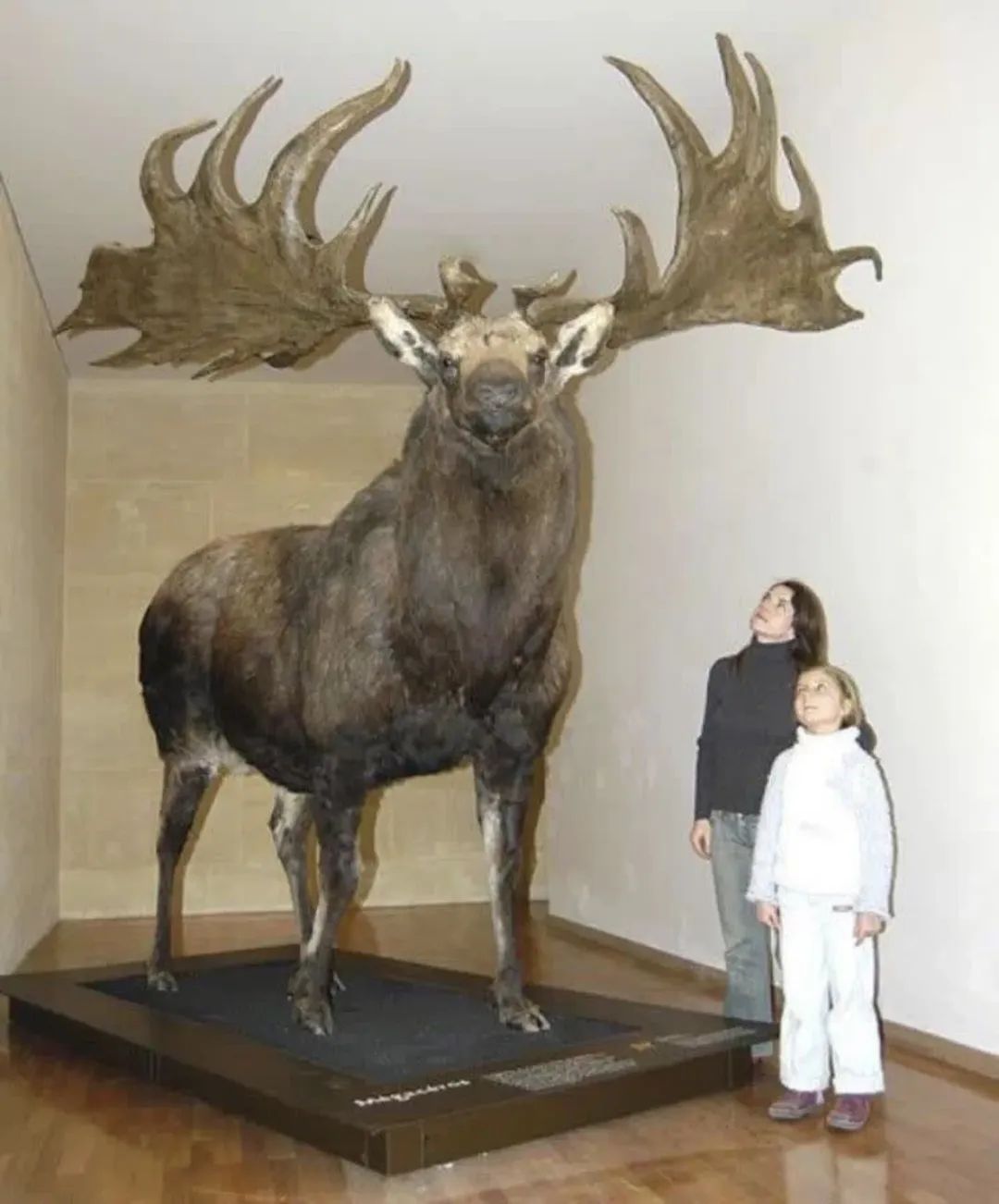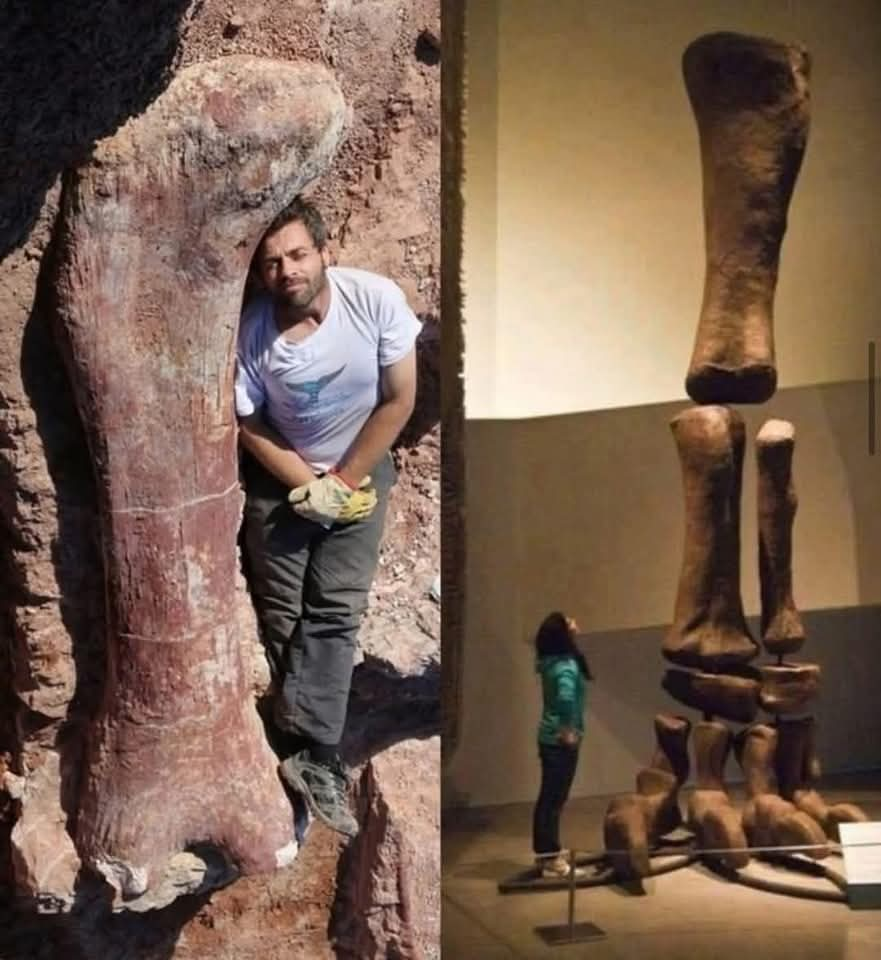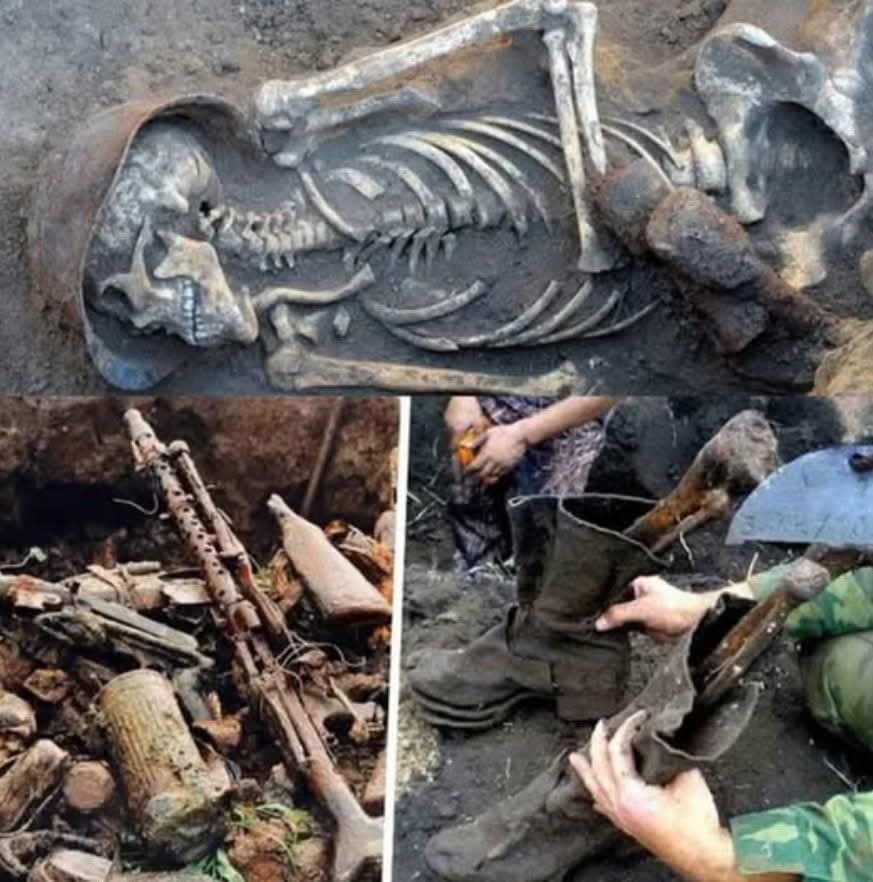
We, homo sapiens, have a close relative with a tragic history – the Neanderthals or the neanderthalensis.
These cousins of ours lived in Europe and West Asia about 45,000 years ago. Even though we share 99.7% of our DNA with the Neanderthals, we look slightly different from each other. Compared to humans, Neanderthals were shorter and thicker, had more developed jaws and weak chins.
They also had large nostrils that allowed them to breathe the cold air in Europe. Interestingly, Neanderthals had bigger heads and thus bigger brains than our ancestors. It is unclear whether this made them extra clever. But if we were so similar in many ways, why did we survive while they went extinct? The Neanderthals disappeared from different parts of Europe at different time points. The reasons behind their disappearance varied from one location to another. Similar to modern extinction of animals, Neanderthals may have disappeared due to competition and environmental factors. For centuries, our ancestors, who gave rise to modern humans, lived alongside the Neanderthals and both of them may have interbred, which shaped the evolution of modern humans. Neanderthals had bodies that evolved to withstand cold, while Homo sapiens had technology on their side.
Humans sewed clothing with needles and lived in complex shelters. They hunted a wide range of animals, birds, and fish with bows and arrows. Unlike Neanderthals, our ancestors may have also lived in larger groups. This allowed them to develop advanced social and cognitive skills. With all these factors, Homo sapiens could have simply been better equipped to survive. At the same time, Neanderthals had a shorter lifespan. Their children died at an earlier age. Ultimately, the emergence of a new, technologically more advanced species called humans, may have created too much of a pressure for the Neanderthals. Recent findings, however, suggest that Neanderthals were as smart as Homo sapiens. They invented similar tools and developed a culture of their own.
The only big difference seems to lie in the size of their groups. They formed smaller communities that lived far from each other. It turned out that networking was as important back then as it is now. As small groups disappeared, their culture and progress perished with them. Climate could have also played a role in the disappearance of the Neanderthals. 70,000 to 12,000 years ago, the climate greatly fluctuated.
There is evidence of dramatic cold waves that roughly coincide with the extinction of the Neanderthals. Imagine being used to living in a warm and mild land, when suddenly you are surrounded with icebergs or violent erupting volcanoes.
They had to rebuild their shelters, get accustomed to hunting new species and gathering new plants. Even though it is unlikely that a major environmental disaster killed the Neanderthals, these constant shifts in climate could have been detrimental to their survival. One theory suggests that Neanderthals may have also engaged in violent clashes with their rival Homo sapiens. It’s unlikely to be the case because Neanderthals were powerful hunters who couldn’t be easily wiped out in battle. Another theory suggests that Neanderthals died out because of deficiencies in their diet. During cold conditions where plants hardly grow, Neanderthals relied on meat as their source of energy.
Meat is rich in protein, but their bodies were not equipped to metabolize high amounts of protein. And since winters were long, they were forced to eat meat for long periods of time, which may have contributed to their extinction. In reality, the Neanderthals never perished. They live in us. Our ancestors may have interbred with the Neanderthal and passed on their DNA to us.
Analysis of human DNA showed that up to 4% of modern human DNA may have come from the Neanderthals. Neanderthals are not the only long lost human species. Denisovans from Siberia faced the same fate as our ancestors slowly spread around the globe. Unfortunately, we have far too little data to understand the interactions between these coexisting species. Perhaps, an unexpected finding will change our view of our cousin species once and for all.










Leave a Reply